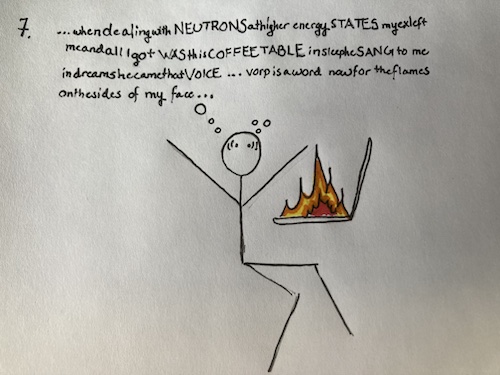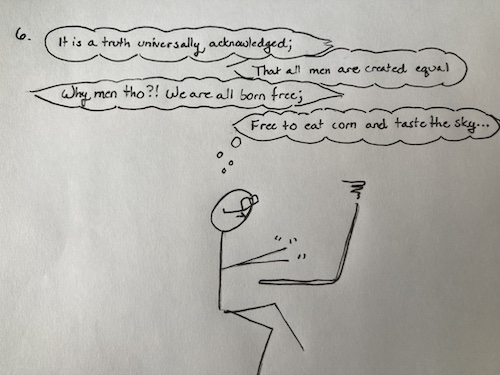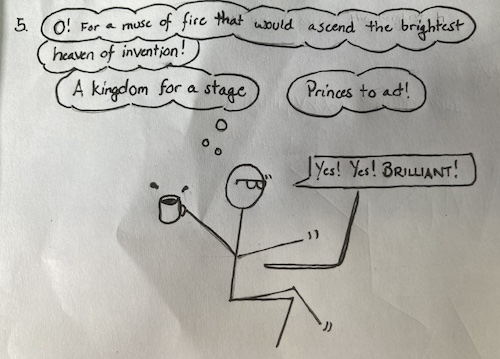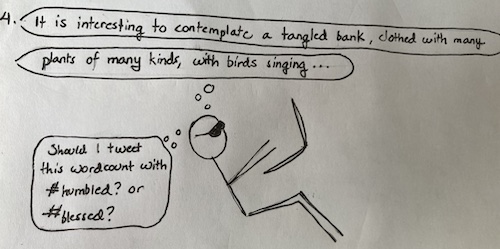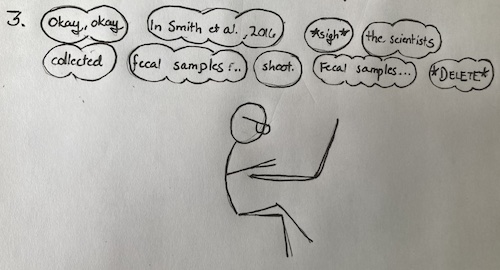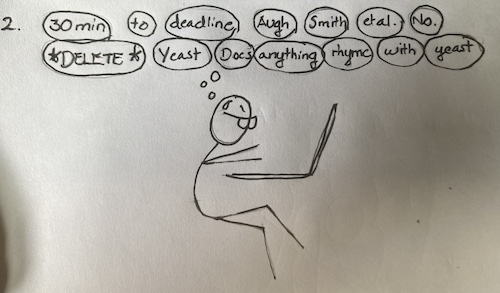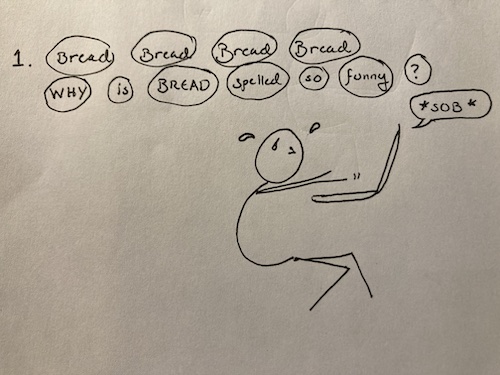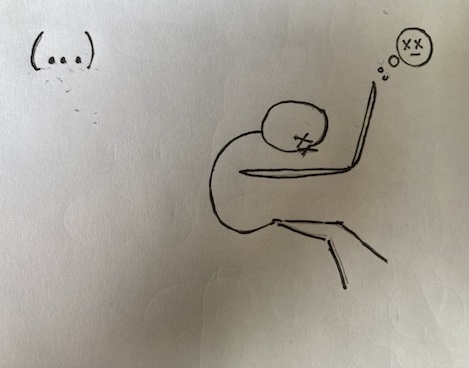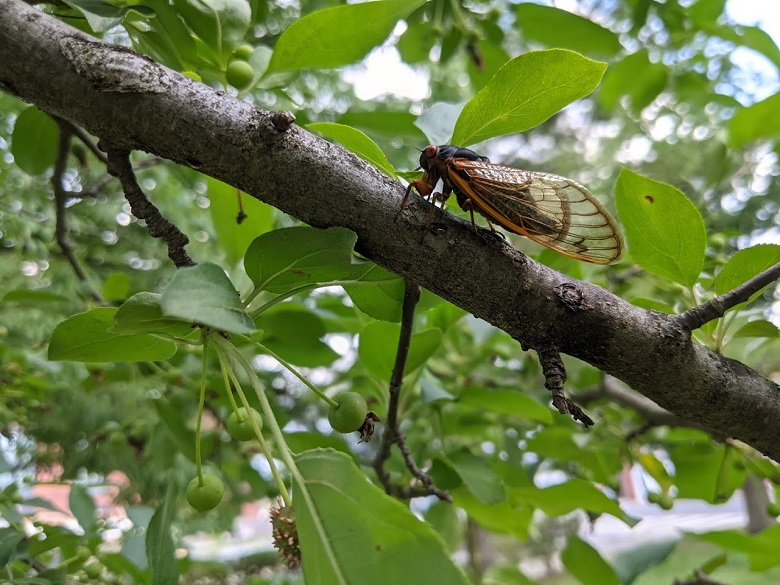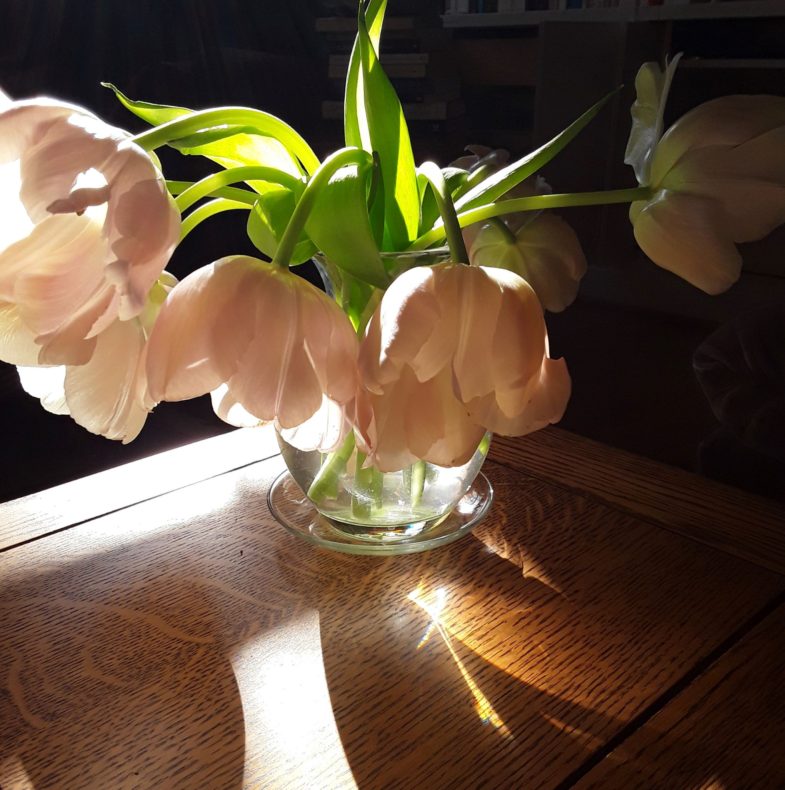1. Why should I choose an Exo™?
Think about the costs imposed by your fragile organic body. Just one single aspect of its care and upkeep – sleep – steals 8 in every 24 hours of your precious life. And that’s just time – what about the money you have to spend on a bed, pillows, sheets? You even need special clothes! Life is just an endless drain of time and money: we spend an average of one hour a day chewing food and defecating it out again. That’s extra 7 hours a week you could be doing literally anything else. Let’s not even talk about basic upkeep: shaving, showering, skincare, makeup, hair care. The bathroom where that takes place. The water. The towels!
Now imagine the end of all that. You are free to live your best life in a body that is maintenance-free, disease-free, never hungry, never tired, strong, unbreakable and beautiful.
2. Why is it so expensive?
We’ve all seen the headlines – “You could buy a used 747 for the money you spend on an Exo™“. But what about the money you spend maintaining that organic body? Now multiply that by several decades. Also add routine doctor’s appointments, surprise medical bills, the gym membership, water, heat and a big expensive house. And no one likes to admit it, but like that 747, the organic body loses value as you age.
Now consider that the cost of keeping your Exo™ in perfect condition and updated with the latest bells and whistles is completely included in the price.**
We haven’t even talked about what happens to a mind freed of an organic body. Imagine a brain that doesn’t age, doesn’t wander, doesn’t get distracted by bodily concerns. Our EX/On GPUs and custom EXOMAXX processors, interfaced with our Organic EXOIntelligence® integration lace, will optimise and supercharge your meat brain for maximum performance 24 hours a day. You will have access to limitless stored memories on demand, and precision algorithms will identify the situations for their optimal deployment.
And sure: if you were paying up front, while the price is reasonable, it would still be unaffordable. But there’s a reason our motto is Exo™ is for Everyone. Financing an Exo™ is as easy as financing a new phone: your contract lets you pay a monthly fee you’ll find surprisingly affordable – especially with your new supercharged earning power. Your side hustle just became your second main hustle!
3. Why can’t I get a second hand Exo™?
There’s no such thing as a second-hand Exo™ for the same reason there are no second hand bodies! Your Exo™is tailored to your nervous system, and yours alone.
4. I’ve heard the extraction process is painful.
That couldn’t be further from the truth. Just ask our (EXOtremely satisfied) customers.
There’s a reason our Extraction Centers have a perfect 5-star rating on every review platform. The 5-star customer experience starts before you’re even using your Exo™. Many people like to spend their last night as an organic in one of our opulent suites with friends to celebrate their extraction in style [not included with basic package]. Afterwards, you’ll simply go to sleep as normal, while technicians mist the room with our proprietary anaesthetic.
In the operating theatre, our highly skilled human surgical team, guided by the EXOBOT you’ve read so much about, will use a proprietary diamond laser knife to remove the skull. EXOBOT then replaces all contacts to the parasympathetic and sympathetic nervous system with Organic EXOIntelligence® integration lace to wire you into your brand new Exo™. The final step is the brain’s emplacement in your new Exocortex®.
And then you simply… wake up.
A week of training is usually all it takes for the vast majority of people to become acclimated to their Exo™. It feels exactly like living in an organic body. Wait, sorry – except for the aches and pains! And the fatigue! And the hormonal ups and downs! And the hunger! And the thirst. We could go on, but we think you get the idea.
[*In extremely rare cases the brain cannot adequately adapt its sensory routine to Exo. Contingency plans are enumerated in our Special Claims package.]
5. Are my senses really going to be exactly the same?
Only if you want them to be! The EX/On / EXOMAXX chipset processes all incoming sensory information gathered by your ExosSensors. These can be created as perfect replicas of your own eyes, ears, tongue, and nose. Their interpretation of auditory, olfactory, visual, haptic and taste experience is indistinguishable from your own once your Exo™ is fully booted up. But Exo™ is not limited to humanoid form. Custom sensing options are available, including lateral line sensing, infrared, electroreception and magnetoreception. Custom-built body morphologies are also available for select customers, by special request.
6. Do I have to stop sleeping? Isn’t that going to be weird?
Our custom chipsets have been designed to take in sensory information and preprocess it in a way that is commensurate with what we now understand to be the role of sleep for the brain. All day long these cleaner processing units will be combing your brain for unnecessary memories and consolidating necessary ones for you. Why would you WANT to sleep?
7. What about people who say the experience of not perceiving warmth and cold is isolating?
A temperature perception modification is available for a fee, but most people find that they get used to the new sensation rather quickly, and grow to like it.
8. What about the reports that some people find it uncomfortable to lose the perception of breathing?
Breathing modifications are also available for a fee, but again, we find that most customers quickly get used to their new normal, and find it superfluous. It’s just a habit.
9. What if I fall behind on my payments?
We offer a wide range of humane options enumerated in our Special Claims package.
Your Exo™ can be powered down while preserving basic life support functions. This will preserve the suit so that it does not become damaged. We keep the Exo™ in one of our Long Term Storage warehouses for re-awakening when payment is rendered. Your brain will not be connected to any sensory information, but you will be hooked up to a low resolution text interface. You can be in touch with relatives for example to get some funds for payment.
If this is not an option you would refer to pursue we have a work programme where you can pay down your debt. We have very high ratings. Exos who choose this option have really enjoyed it. There are five categories ranging from comfort to military support (<<this is probably too much).
10. What if I want to die?
As your Exo™ is not organic, ‘dying’ and ‘death’ are not preferred terms. We use ‘deprecation’. An Exo™ is an enormous capital outlay, which means we discourage deprecation where we can. In the rare cases when it is necessary, the process is carefully managed.
Consulates are available in 50 countries to initiate the process of ending your contract and beginning the process. Finance options are available, including joining one of the Contract Fulfilment Centers where many of our customers amass the funds necessary for the deprecation. We’ll be sorry to see you go!
